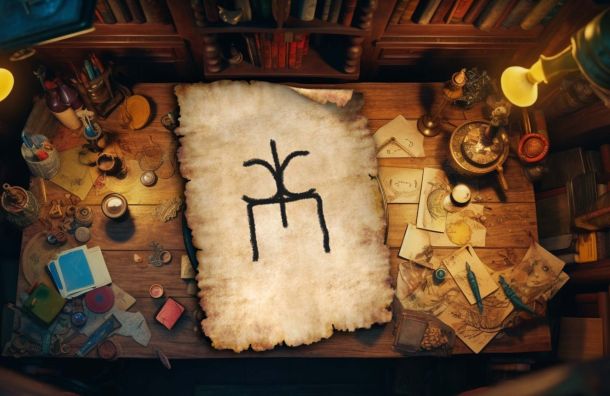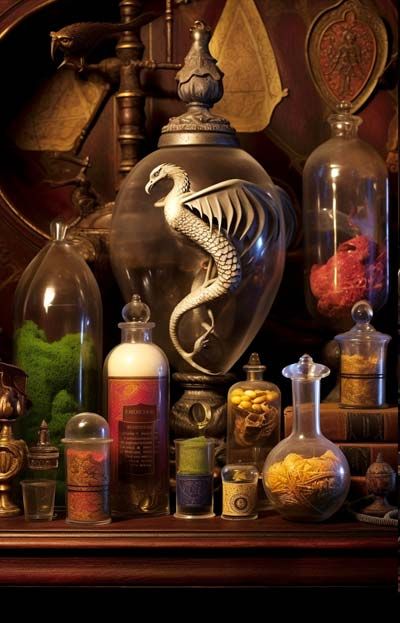Aconite
Aconite is a plant with purple flowers and green leaves. Also known by monkshood, or wolfsbane, the plant itself is extremely toxic, though the root can be used in various potions.
ac·o·nite
/ˈakəˌnīt/
noun
Aconite History
Aconite was once widespread, but in recent years can only be found in the wilderness. The flowers and roots are used in potion-making, but the leaves are toxic. The most common potions known to contain Aconite are the Wolfsbane and Wideye Potions.
Aconite Etymology
The name aconite is derived from the Greek akon (meaning dart or javelin) or possibly from the Greek akonae, due to the rocky locations the plant was believed to grow. The Greek name lycoctonum literally translates to one of the plant’s other names, wolf’s bane. The name wolf’s bane is believed to have originated with the use of the plants juice to poison wolves either with bait or arrows.
People Also Ask
What is the Wolfsbane Potion in Harry Potter?
Is Aconite Wolfsbane
How fast does Aconite kill?
Can you touch Aconite?
What is the Wolfsbane potion in Harry Potter?
The Wolfsbane potion in Harry Potter is a multiplex potion that alleviates or staves off the symptoms of lycanthropy, or werefwolfry.
The main ingredient in on Wolfsbane potion is Aconitum Napellus, also known as aconite or monkshood. THis potion is extremely dangerous when incorrectly created, as aconite is extremely poisonous. Note: this potion is extremely hard to make and is also very expensive.
Is Aconite Wolfsbane
Yes, Aconite is also known as Wolfsbane, Monksgood, Devil’s Helmet or Aconitum Napellus.
Aconite is a perennial herb that is often used and grown due to it’s attractive blue and dark purple flowers. In many places it is used as a decoration or ornamental plant.
How fast does Aconite kill?
Aconite can kill as fast as two to six hours depending on the amount that was ingested.
Symptoms of Aconite poisoning include gastrointestinal issues, nausea, vomiting, diarrhea, coma and then death. In most circumstances a 20 to 40 ml tincture may prove to be fatal.
Can you touch Aconite?
No, you should not knowingly touch Aconite.
All parts of the Aconite plant are toxic to humans. In unconfirmed accidents, Aconite has claimed the lives of gardeners and hikers for accidentally brushing up against the plant.
Featured
Categories























